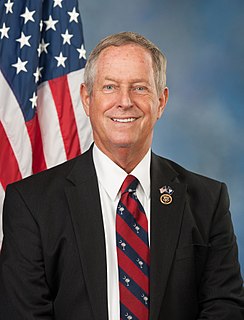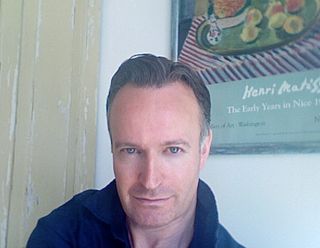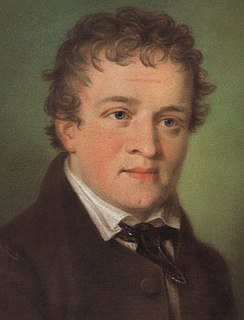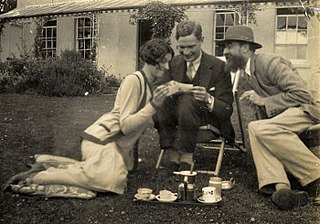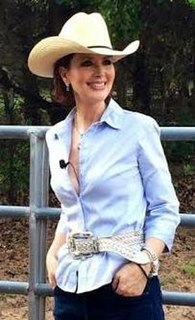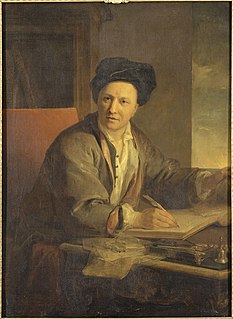Top 1200 Kill A Mockingbird Novel Quotes & Sayings - Page 3
Explore popular Kill A Mockingbird Novel quotes.
Last updated on April 17, 2025.
Obama is making a choice now that will lead to the deaths of many thousands of civilians in Afghanistan by American hands. By ordinary standards of presidents, he is a decent man. But those standards aren't good enough. He's in a position either to kill or not to kill, and he's made the decision to kill.
I'm skeptical that the novel will be "reinvented." If you start thinking about a medical textbook or something, then, yes, I think that's ripe for reinvention. You can imagine animations of a beating heart. But I think the novel will thrive in its current form. That doesn't mean that there won't be new narrative inventions as well. But I don't think they'll displace the novel.
Followers of the Way [of Chán], if you want to get the kind of understanding that accords with the Dharma, never be misled by others. Whether you're facing inward or facing outward, whatever you meet up with, just kill it! If you meet a buddha, kill the buddha. If you meet a patriarch, kill the patriarch. If you meet an arhat, kill the arhat. If you meet your parents, kill your parents. If you meet your kinfolk, kill your kinfolk. Then for the first time you will gain emancipation, will not be entangled with things, will pass freely anywhere you wish to go.
No writer, I believe, should attempt a novel before he is thirty, and not then unless he has been hopelessly and helplessly involved in life. For the writer who goes out to find material for a novel, as a fishermen goes out to sea to fish, will certainly not write a good novel. Life has to be lived thoughtlessly, unconsciously, at full tilt and for no purpose except its own sake before it becomes, eventually, good material for a novel.
you can't kill love. you can't even kill it with hate. you can kill in-love, and loving, and even loveliness. you can kill them all, or numb them into dense, leaden regret, but you can't kill love itself. love is the passionate search for a truth other than your own; and once you feel it, honestly and completely, love is forever. every act of love, every moment of the heart reaching out, is a part of the universal good: it's a part of God, or what we call God, and it can never die.
A novel is not an allegory.... It is the sensual experience of another world. If you don't enter that world, hold your breath with the characters and become involved in their destiny, you won't be able to empathize, and empathy is at the heart of the novel. This is how you read a novel: you inhale the experience. So start breathing.
It's disingenous for me to say that I wasn't trying to write a moral novel. By its very nature as a novel about the Iraq War, Fobbit steps into the political conversation. There's no way to avoid that. I can appreciate that readers are probably going to line up on one side of the novel or the other. I hope they go to those polar extremes, actually.
I just don't have the desire no more, I don't have the stomach to do it no more. I don't even kill insects in my house. I just don't kill anything no more. I used to kill pigeons, rip their heads off, 'You dirty rat pigeon!' I don't even have the heart to kill an animal no more. I just changed my whole life in general. That probably could have changed the way I fight.
In '94, I started writing a novel about an enormous terrorist act that destroyed the United States. The novel takes place twenty years after this destruction, with all the stuff that we're dealing with now - a dirty war, the disappeared, the concept of terrorism. Anyway, 9/11 happened some years into the process, and I was like, OK, I don't have a novel.
I've no objection to the term 'graphic novel,' as long as what it is talking about is actually some sort of graphic work that could conceivably be described as a novel. My main objection to the term is that usually it means a collection of six issues of Spider-Man, or something that does not have the structure or any of the qualities of a novel, but is perhaps roughly the same size.
At the time, we were mad at Moammar Gadhafi, which resulted in us bombing all over Libya and killing a bunch of people, but not him. Then Ronald Reagan gets up and says we're not trying to kill him, we're just dropping bombs. You can kill all the Libyans you want, but legally you can't try to kill the leader.
Well, people have been wondering what's going to happen to the novel for two hundred years; its death has been announced many times. You know, I think the novel keeps redefining the world we live in. What you should look for in a novel is a window nobody else is looking out of, that nobody else can look through. What you look for is a voice. You pick up a novel by someone such as Faulkner or Hemingway and you just read three pages and you know who wrote it. And that's what one should demand of a novelist.
My dear, Find what you love and let it kill you. Let it drain you of your all. Let it cling onto your back and weigh you down into eventual nothingness. Let it kill you and let it devour your remains. For all things will kill you, both slowly and fastly, but it’s much better to be killed by a lover. ~ Falsely yours
There is a document in every novel in the world. Even in the most fantastic novel, even in science fiction, there is a documentary side. But, this side is not the crux of the matter. I don't think a novel's main donation, main gift, is the document. The document is there, but a novel goes beyond documentation. It goes into opening a new vista, opening a new perspective, showing familiar things in an unfamiliar way.
I'm always trying to make something that is impossible to film. Why would somebody just read a novel when they can see it on TV or in the cinema? I really have to think of the things fiction can do that film can't and play to the strengths of the novel. With a novel, you can get right inside somebody's head.




